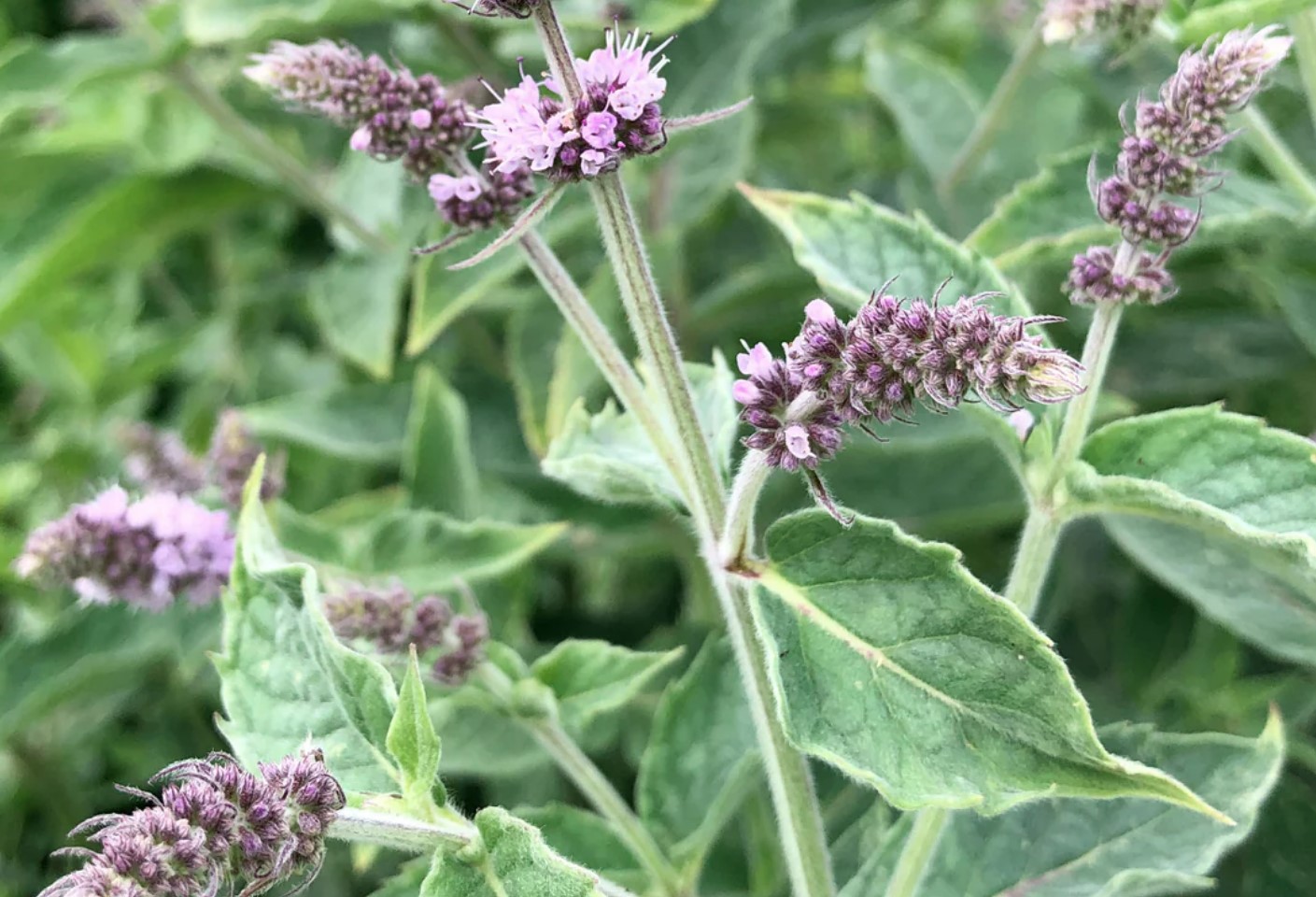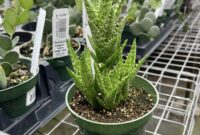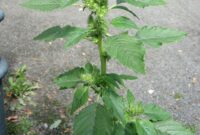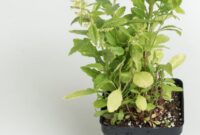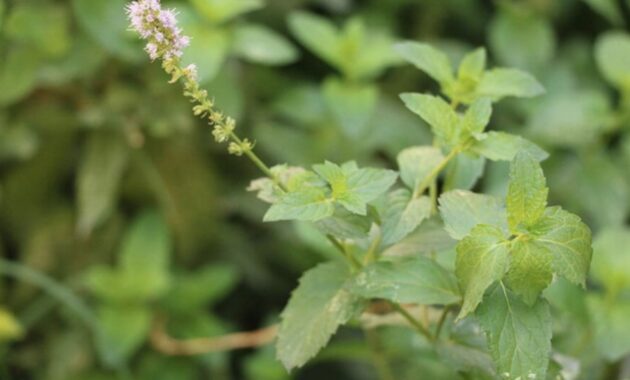
What is Mentha longifolia var. asiatica?
Mentha longifolia var. asiatica, commonly known as Asiatic wild mint, is a herbaceous perennial plant belonging to the Lamiaceae family. It’s a hardy and adaptable species, thriving in various climates and soil conditions. This particular variety is native to Asia, particularly the Indian subcontinent, and has been used for centuries in traditional medicine and culinary practices.
Key Characteristics of Mentha longifolia var. asiatica
- Appearance: Asiatic wild mint is characterized by its upright, branched stems that can grow up to 1.5 meters tall. The leaves are lanceolate, serrated, and have a distinct minty aroma.
- Habitat: This versatile plant can be found growing in a wide range of habitats, including wetlands, riverbanks, and disturbed areas. It thrives in moist, well-drained soils and partial shade.
- Hardiness: Asiatic wild mint is highly adaptable to different climatic conditions, making it a popular choice for both home gardens and commercial cultivation.
Growing Mentha longifolia var. asiatica
Cultivating Asiatic wild mint is relatively easy, even for novice gardeners. Here’s a simple guide:
- Soil Preparation: Choose a well-drained soil that is rich in organic matter.
- Propagation: The plant can be propagated through seeds, stem cuttings, or division.
- Planting: Plant the seedlings or cuttings in a sunny or partially shaded location.
- Watering: Keep the soil consistently moist, but avoid overwatering.
- Maintenance: Regular weeding and pruning can help maintain the plant’s shape and promote healthy growth.
Mentha longifolia var. asiatica: A Treasure Trove of Benefits
Asiatic wild mint has been revered for its numerous medicinal properties. Some of the key benefits include:
- Digestive Health: It aids in digestion, relieves bloating, and can help alleviate irritable bowel syndrome.
- Respiratory Health: The plant’s essential oil can help soothe respiratory issues like cough, cold, and bronchitis.
- Pain Relief: It has analgesic properties and can be used to relieve headaches, muscle pain, and joint pain.
- Antimicrobial Properties: The plant’s essential oil exhibits potent antimicrobial activity, making it effective against various bacteria and fungi.
- Antioxidant Properties: It contains antioxidants that help protect the body from oxidative stress.
Mentha longifolia var. asiatica in Herbal Medicine
In traditional medicine systems like Ayurveda, Asiatic wild mint has been used to treat a wide range of ailments. It’s often used in the form of herbal teas, extracts, and essential oils.
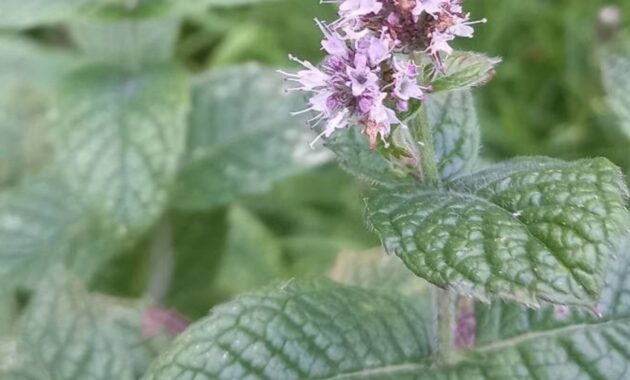
Mentha longifolia var. asiatica Essential Oil
The essential oil extracted from Asiatic wild mint is highly prized for its therapeutic properties. It’s used in aromatherapy, perfumery, and various cosmetic products. The oil is known for its refreshing and invigorating aroma, which can help reduce stress and anxiety.
Wild Mint Mentha longifolia Varieties
Mentha longifolia is a species with several varieties, each with its unique characteristics and uses. Some of the common varieties include:
- Mentha longifolia var. officinalis: This variety is widely cultivated for its medicinal and culinary uses.
- Mentha longifolia var. capensis: This variety is native to South Africa and is used in traditional African medicine.
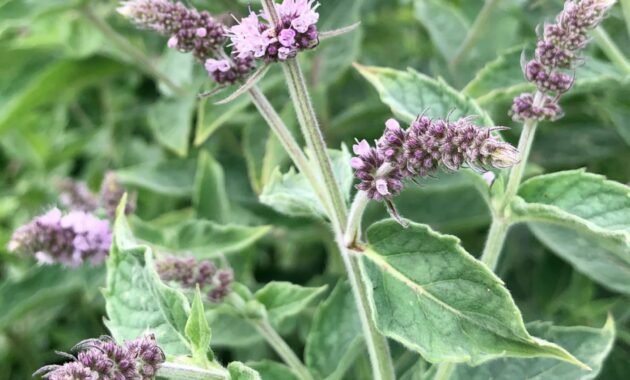
Conclusion
Mentha longifolia var. asiatica, with its myriad of benefits and easy cultivation, is a valuable addition to any home garden or herbal medicine cabinet. By understanding its characteristics, cultivation techniques, and medicinal uses, you can harness the power of this versatile plant.
FAQs
- Can I consume Asiatic wild mint directly from the plant?
While the leaves are safe to consume in moderation, it’s generally recommended to use them in culinary preparations or herbal teas. - How often can I use Asiatic wild mint essential oil?
It’s best to consult with a healthcare professional or aromatherapist to determine the appropriate dosage and frequency of use. - Can I grow Asiatic wild mint in pots?
Yes, Asiatic wild mint can be grown in pots, making it suitable for balconies and patios. - Are there any side effects associated with using Asiatic wild mint?
While generally safe, excessive consumption of Asiatic wild mint or its essential oil may cause digestive upset or allergic reactions in some individuals. - Can I use Asiatic wild mint to repel insects?
Yes, the strong aroma of Asiatic wild mint can help repel mosquitoes and other insects.
